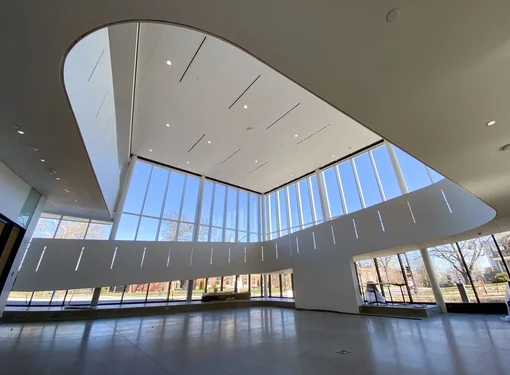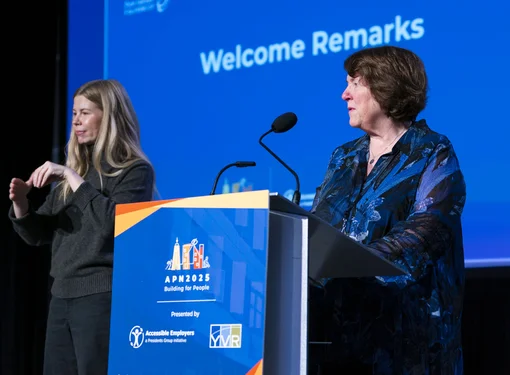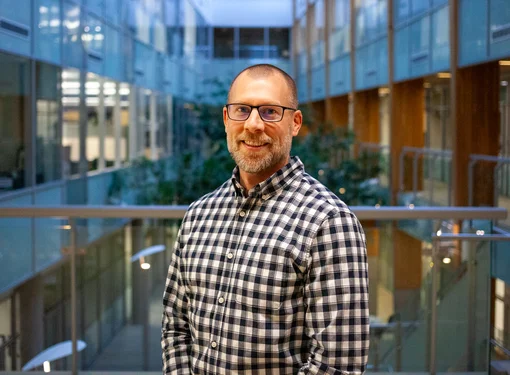Looking Forward to 2021: A Q&A with our CEO Doramy Ehling
With 2021 promising to bring positive change and new beginnings, we sat down – virtually – with Rick Hansen Foundation CEO Doramy Ehling to get her thoughts on accelerating the movement for accessibility and inclusion during the coming months.
Where do you see the biggest opportunity in 2021 when it comes to accessibility and inclusion in Canada?
“We have a golden opportunity as we ‘build back’ to redefine sustainability in the built environment to include sustaining people too. Universal design, aging-in-place solutions, and especially the Foundation’s Accessibility Certification program, are all tools that can help develop a Canada that includes everyone in post-pandemic recovery plans. It’s so important to amplify the voices of persons with lived experience and look for ways in which individuals with disabilities, both visible and invisible, can fully participate, evaluate, co-create, shape policies, and be involved in programs as we move forward.”
What is RHF’s focus for the upcoming year?
“We are continuing to build on our strategy to remove barriers for persons with disability and we will continue to engage persons with disabilities to help shape economic recovery. There is strength in diversity and different perspectives., however, we need to be able to measure those successes. That requires that we, as a group, use common language and methodology to identify barriers and set goals that provide for greater harmonization across the country in setting key priorities.”
How do you feel the COVID-19 pandemic impacted the accessibility and inclusion movement in Canada?
“The pandemic has had a profound impact on persons with disabilities. Many faced undue hardship as a result of COVID which exposed the size of the gap in providing support. Some of those challenges include great financial impact, little or no access to Personal Protective Equipment (PPE), food insecurity during lockdowns, social isolation, mental health, and barriers to accessing technology. While RHF advocated governments to ensure persons with disabilities were included in COVID relief plans, government response was often inadequate. Looking at the positives, the pandemic provided opportunities for groups to work together beyond existing partnerships. Technology has also leveled the playing field for people of all abilities in the work force as working from home is now the norm for many, rather than an exception to the rule.”
What is your advice on the best way to keep company culture alive and employees engaged as it looks like remote working is here to stay?
“I feel very fortunate to work for an organization that prioritizes culture in line with strategy, and this is even more important as everybody is working remotely. Our office has effectively been closed since March 2020 but our Culture and Social Committees stepped up to the challenge and looked for ways that we could support our staff during the pandemic. We created a number of online check-ins, such as a regular Coffee with the CEO and a fitness challenge based on the Canadian leg of our Founder’s original Man In Motion World Tour as our template for exercise. Our staff really came together. More ideas on ways we can further engage staff are percolating and I am excited to see where the future takes us.”

What is the first thing you’d like to do once the COVID-19 pandemic is over?
“I would like to be with the people who are near and dear to me – my family, my friends, our staff, our volunteers. While I appreciate that we have been able to stay in touch using technology, it doesn’t replace human contact. I really miss being able to spend quality time with my loved ones. And while RHF staff have been able to share accomplishments and personal milestones via video calls, we miss our social interactions – those conversations in the hallway, the office kitchen, and the gym. I see hope on the horizon with the vaccine rollout underway and am excited to think about ways that we can celebrate coming together in a ‘new normal’.







